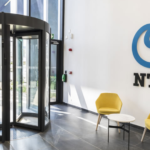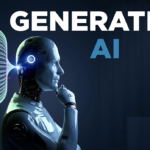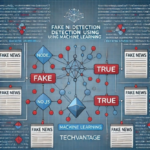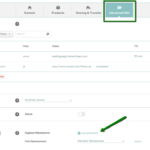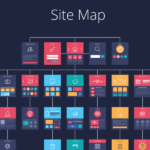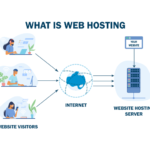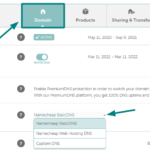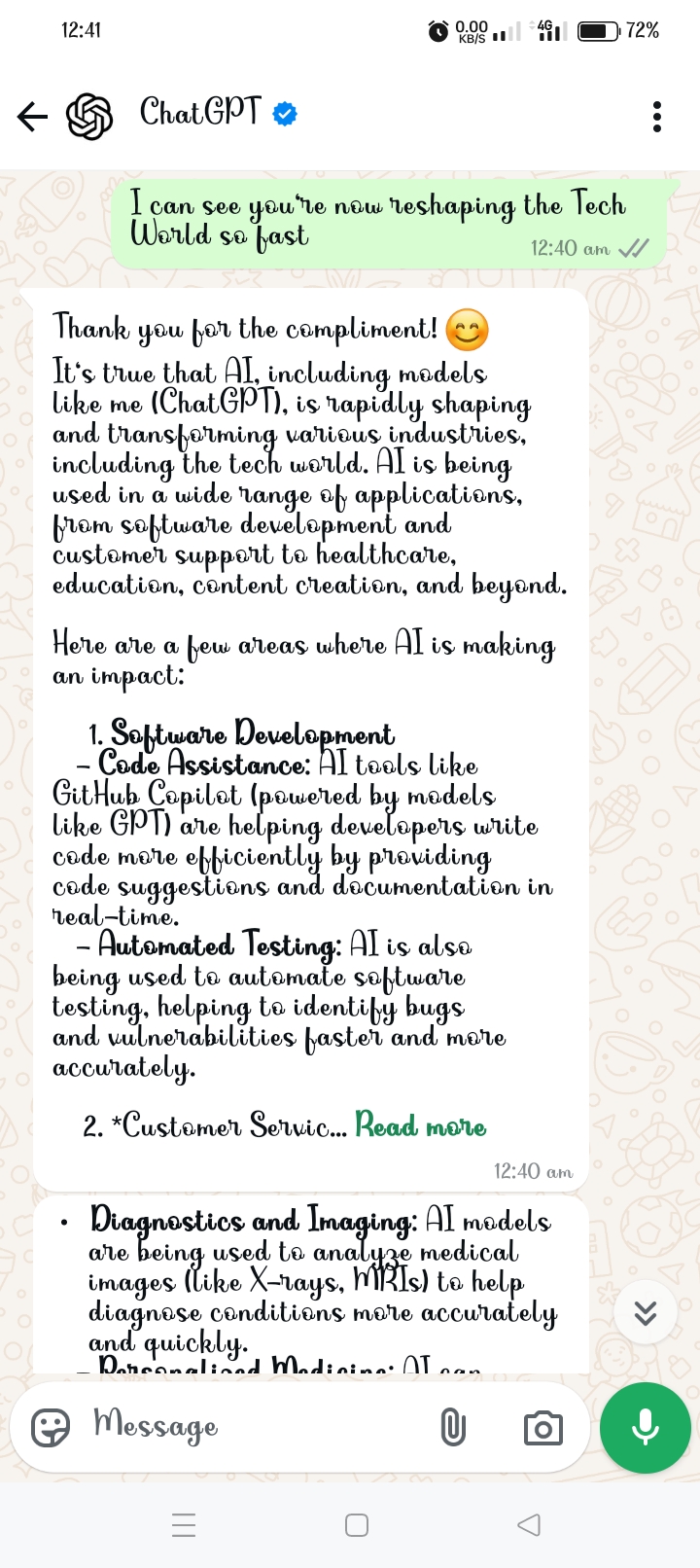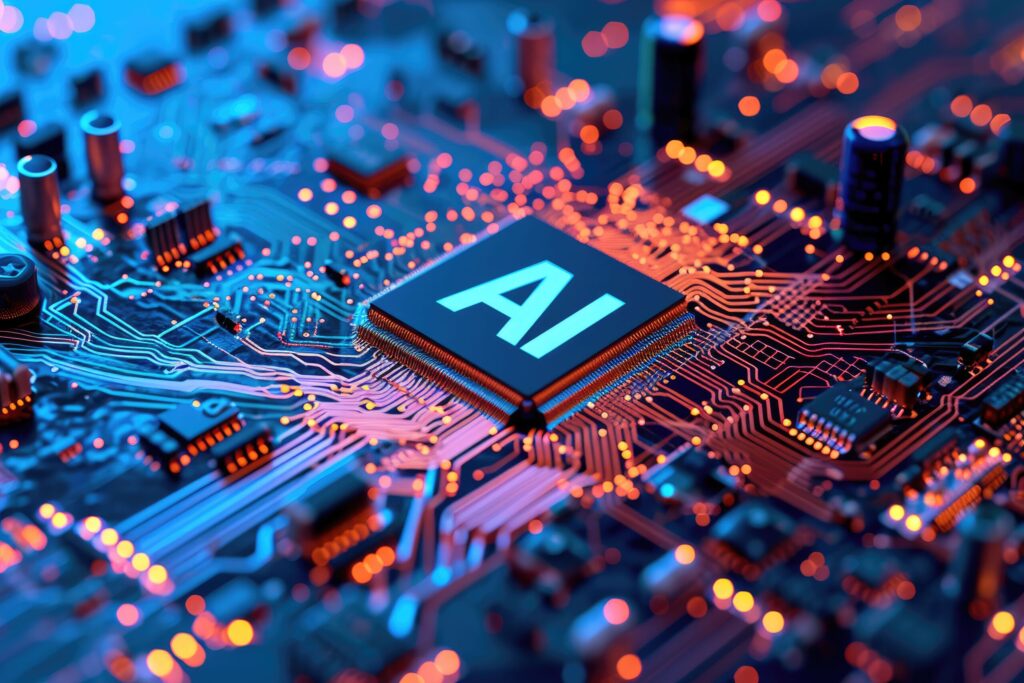
Volume 1: Introduction – The Rise of AI in Business
In today’s digital era, artificial intelligence (AI) has quickly shifted from being an experimental technology to becoming an everyday necessity in the business world. What was once limited to academic research and advanced laboratories has now made its way into almost every industry, reshaping how companies function. From healthcare and finance to retail and logistics, organizations are discovering that AI is not just a passing trend, but rather a long-term driver of innovation and efficiency.
At its core, AI is powerful because it can process massive amounts of information at speeds no human can match. It identifies patterns, makes predictions, and automates decisions in ways that save time and improve accuracy. Businesses that once relied heavily on manual processes now use AI to forecast demand, understand customer needs, and even prevent risks before they happen. This ability to transform ordinary data into valuable insights is what makes AI indispensable in today’s competitive market.
AI is not only about technology—it is about opportunity. Companies that embrace AI have the potential to streamline operations, cut unnecessary costs, and increase their adaptability in a fast-changing world. At the same time, its adoption also presents challenges, from financial investments to ethical concerns. To understand AI’s true potential, it is important to look at both its benefits and its limitations.
Volume 2: Benefits of AI in Business
Process Automation
One of the most celebrated advantages of artificial intelligence is its ability to automate repetitive tasks. For decades, employees have spent countless hours on routine work such as updating records, managing inventory, or responding to customer queries. AI changes this by taking over those repetitive duties, completing them faster and with fewer mistakes. For example, AI-powered chatbots can handle customer inquiries around the clock, providing instant responses and freeing human staff to focus on complex or creative issues. Similarly, in industries like logistics, AI can track shipments, optimize routes, and manage stock levels more accurately than manual systems.
Automation does not just increase efficiency—it also empowers employees. By reducing the burden of monotonous tasks, workers can shift their energy to innovation, strategy, and problem-solving. This transition enhances job satisfaction while helping businesses operate at a higher level of productivity.
Improved Decision-Making
Another transformative strength of AI lies in its decision-making capabilities. Businesses often deal with enormous amounts of data, and interpreting it effectively can mean the difference between success and failure. AI systems are capable of analyzing real-time information, spotting patterns, and predicting outcomes with remarkable precision. For instance, in marketing, AI tools can track consumer behavior, detect buying trends, and suggest strategies that target the right audience at the right moment.
These insights give leaders a solid foundation for making informed choices. Instead of relying on intuition or outdated reports, companies can use AI-driven analytics to adapt quickly to market changes. This reduces risks, improves strategic planning, and strengthens competitiveness.
Personalization and Customer Experience
Customer expectations are higher than ever, and personalization has become the key to winning loyalty. AI plays a central role in this transformation. Recommender systems, like those used by Amazon or Netflix, suggest products and content that align with individual preferences. Chatbots provide instant support, while virtual assistants remember previous interactions and anticipate customer needs.
Such tailored experiences not only satisfy customers but also build long-term relationships. When consumers feel understood, they are more likely to return, purchase again, and recommend the brand to others. In this way, AI directly contributes to revenue growth while fostering stronger connections between companies and their customers.
Efficiency and Cost Reduction
Finally, AI helps businesses cut costs and minimize errors. In manufacturing, predictive maintenance systems monitor machines in real time and forecast potential breakdowns before they occur. This reduces downtime, avoids costly repairs, and extends the lifespan of equipment. In finance, AI-powered fraud detection systems prevent losses by identifying unusual patterns and transactions in seconds.
For businesses of all sizes, cost reduction is a significant benefit. By streamlining processes and ensuring precision, AI not only makes companies more efficient but also protects their bottom line.
Volume 3: Challenges and Risks of AI
While the benefits are clear, the adoption of AI also comes with its share of challenges.
High Initial Costs
One of the first obstacles companies face is the cost of implementing AI. Building AI systems often requires advanced software, powerful hardware, and ongoing staff training. For large corporations, this may be manageable, but for small and medium-sized enterprises (SMEs), the financial barrier can feel overwhelming. Although cloud-based AI services are helping reduce these costs, affordability remains a real concern.
Complexity and Lack of Knowledge
AI is a highly technical field, and many organizations simply do not have the expertise required to deploy it effectively. There is a global shortage of skilled AI professionals, which makes hiring talent both difficult and expensive. Without the right people to build, maintain, and optimize AI systems, companies risk underutilizing the technology or failing to implement it altogether.
Security and Privacy Issues
AI relies heavily on data, and this creates serious security and privacy challenges. Every time a business collects customer information, it assumes responsibility for protecting it. However, AI systems can become targets for cyberattacks or data leaks, putting sensitive information at risk. Beyond the technical risks, there are also ethical concerns: how much data should companies collect, and how should it be used responsibly? Breaches of trust can damage reputations and lead to legal consequences.
Job Displacement
Perhaps the most socially sensitive issue is the impact of AI on jobs. As machines take over repetitive tasks, certain roles may become obsolete. For workers whose livelihoods depend on such jobs, this shift can create anxiety and economic insecurity. At the same time, AI also generates new opportunities in fields like data science, machine learning, and AI system management. The challenge for businesses and governments is to provide training and support so workers can transition into these new roles rather than being left behind.
Volume 4: Arguments For and Against AI
When weighing AI’s role in business, it is helpful to consider the strongest arguments on both sides.
Arguments in Favor
AI delivers significant improvements in operational efficiency, allowing companies to perform tasks at speeds and levels of accuracy that humans simply cannot match. It enhances decision-making by providing real-time insights that guide strategy and reduce risks. Beyond that, AI drives innovation and helps companies stay competitive, opening doors to new products, services, and business models.
Arguments Against
On the other hand, AI adoption is costly and complex. Smaller businesses often lack the resources to invest in advanced technology, leaving them at a disadvantage. Security and privacy risks are another major concern, since AI systems handle massive volumes of sensitive data. Finally, there is the question of jobs: while AI creates new roles, it can also displace workers, especially in sectors reliant on routine tasks.
The reality lies somewhere in between. AI is not inherently good or bad, it is a tool. Its impact depends on how responsibly businesses implement it and how society adapts to the changes it brings.
Volume 5: Future Outlook and Conclusion
Looking ahead, the role of AI in business will only continue to expand. Emerging trends such as generative AI, predictive analytics, and AI-driven sustainability are already shaping the next wave of digital transformation. Companies that embrace these innovations early will not only enhance efficiency but also build resilience in the face of uncertainty.
However, the journey will require balance. Businesses must invest in training, adopt strong ethical standards, and create strategies that ensure both profitability and social responsibility. Governments and institutions also have a role to play in establishing regulations that protect individuals while encouraging innovation.
In conclusion, AI is best understood as a partner rather than a replacement for human effort. It amplifies what companies can achieve, unlocking opportunities that were previously unimaginable. For those willing to embrace its possibilities while managing its risks, AI represents one of the most powerful tools of the modern age capable of reshaping industries, redefining jobs, and transforming the very way we live and work.

